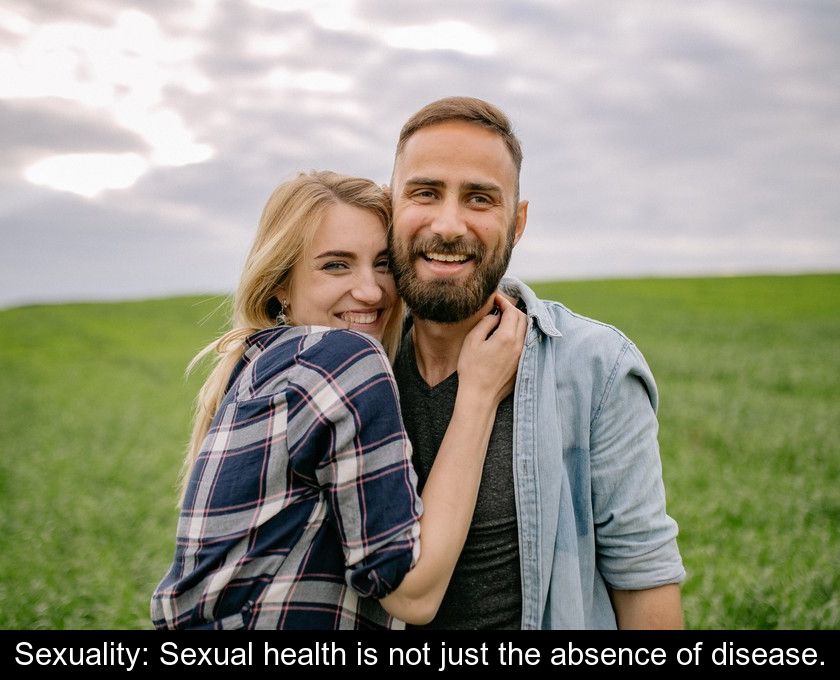Sexuality: Sexual Health Is Not Just The Absence Of Disease.
Contrary to popular belief, sexual health is not just about the absence of dysfunctions or diseases such as STIs. According to the World Health Organization, this issue should be approached more holistically so that sexuality can be a source of well-being and quality of life.
Sexuality, a source of well-being or suffering
Depending on the environment in which individuals find themselves, sexuality can be a source of well-being, fulfillment, and empowered choices, or conversely, of difficulties and suffering.
Violence, sexually transmitted infections, and coerced choices are all barriers to sexual health. That is why the World Health Organization defines this concept in a comprehensive manner.
According to WHO, good sexual health is not limited to the absence of disease, dysfunction, or disability. In 2003, the organization defined this concept as "a state of physical, emotional, mental, and social well-being in relation to sexuality." This recent definition has gradually taken shape as society and attitudes have evolved.
The reflection of the evolution of customs.
The introduction of the first birth control pills in the mid-1970s led to a first sexual revolution by separating pleasure from reproduction. It transformed customs and behaviors regarding sexuality. This is why the term sexual health was used for the first time by the WHO in 1974.
The following year, the Veil Law decriminalizing abortion marked a new phase. But soon, the AIDS epidemic in the 1980s shifted medical discourse towards prevention and risk reduction.
Today, the definition provided by the WHO serves as the basis for public health programs in many countries, including France. The goal of these programs has evolved from simple risk prevention to improving health and well-being in matters of sexuality.
A concept that is health-related but also social and emotional.
When viewed holistically, sexual health is not limited to health-related aspects. It also includes a social and emotional dimension.
It is with this perspective that the Family Planning has been working towards harmonious sexuality for over 60 years. Women are predominantly the victims of sexual violence within relationships, regardless of their education and their social, economic, and cultural levels.
However, equality between partners is one of the conditions for fulfilling sexuality. This fulfillment involves a good understanding of one's body, contraceptive methods, and sexually transmitted infections, but also concepts of consent and respectful relationships.
Rights to Defend
To achieve and maintain a fulfilling sexuality, it is essential that the rights of all individuals are respected, protected, and assured, regardless of their sexual orientation, practices, and gender identity.
Promoting good sexual health is not limited to ensuring proper access to care. This concept also includes:
• Safety and confidentiality in interactions with healthcare providers.
• Open communication within the couple about each other's needs and desires as well as concerns and boundaries.
• The absence of any coercion, discrimination, or form of violence in sexual relations.
As highlighted by the World Health Organization's definition, ensuring the physical, mental, and emotional well-being of individuals in the realm of sexuality requires a holistic approach, which goes beyond mere prevention and treatment of STIs.
Today, men and women of all ages who visit Family Planning centers seek answers about contraception, abortion, STIs, and HIV, but also about their sexual orientation or gender identity.
In the field of sexuality, people's questions and journeys are diverse. That is why Public Health France has launched QuestionSexualite.fr, a dedicated portal that aims to answer all your questions (see the link below).






